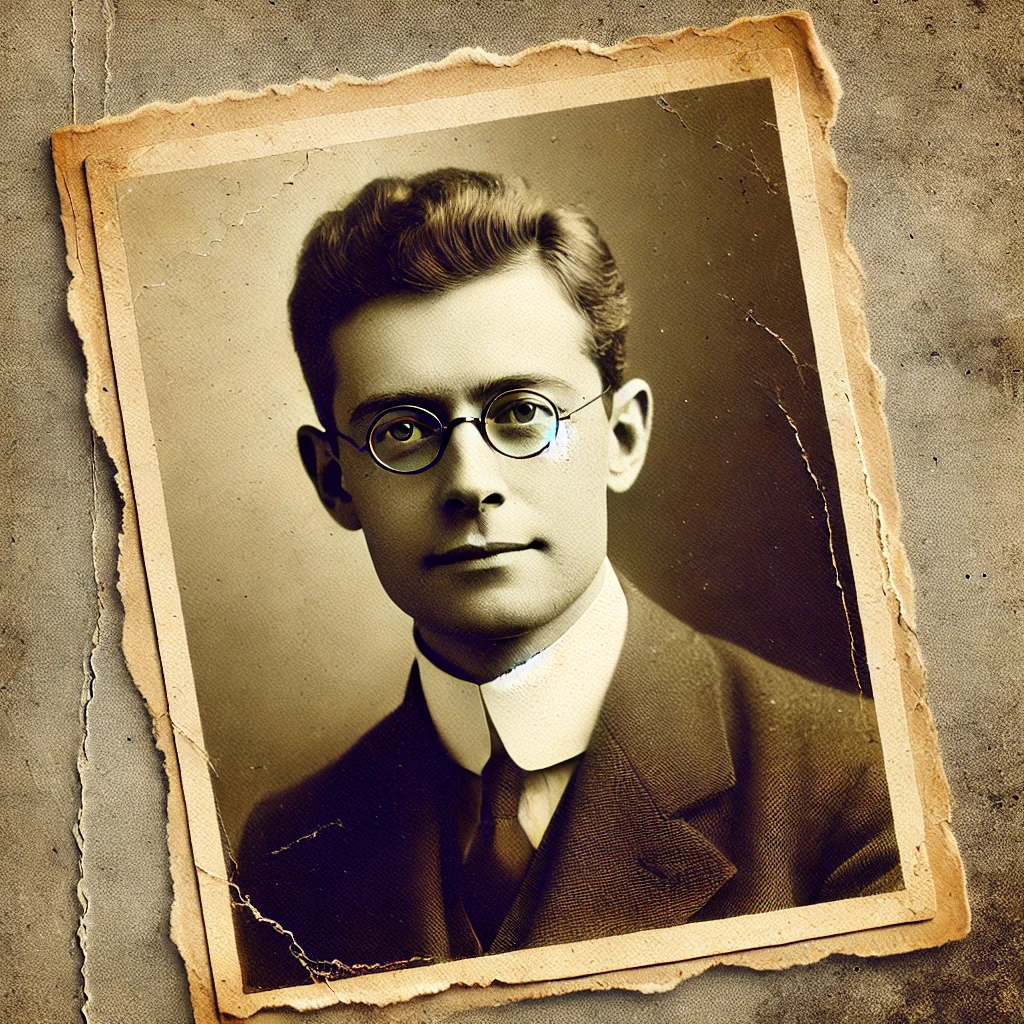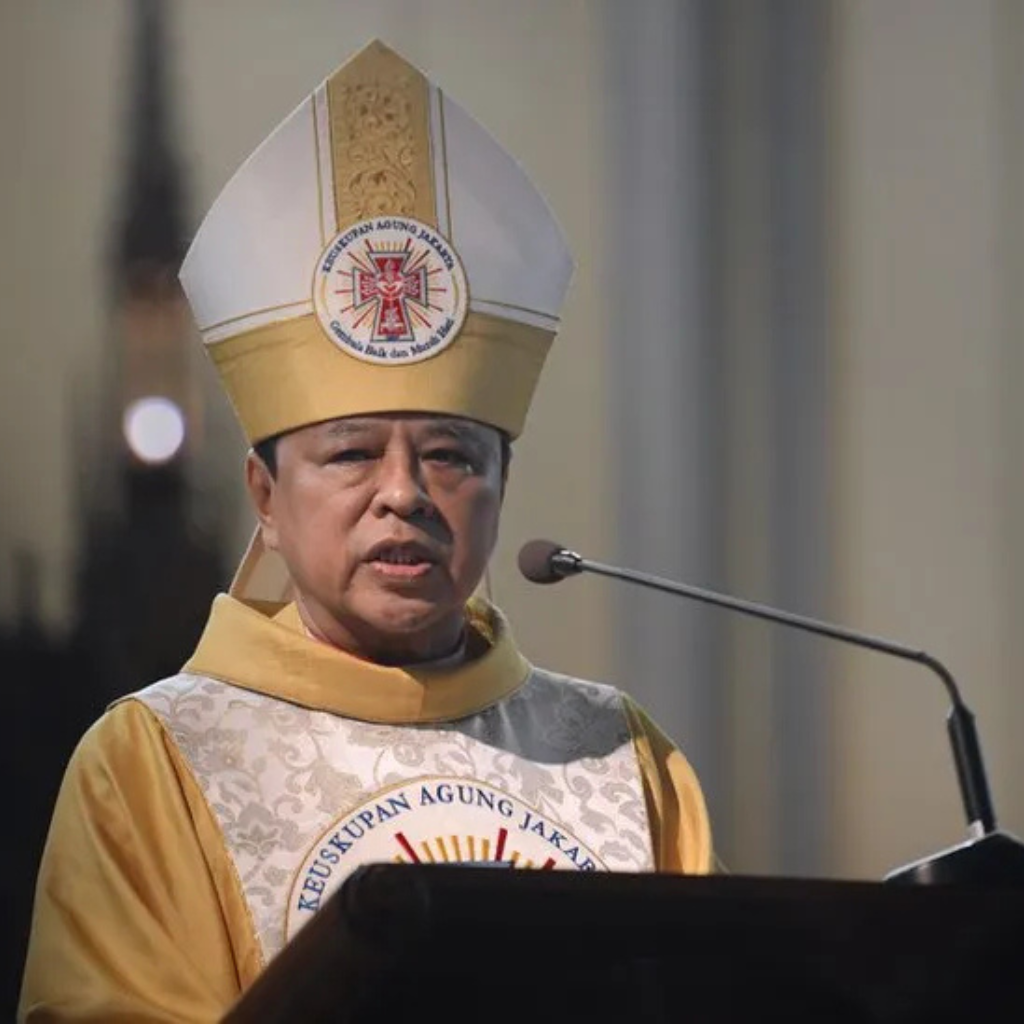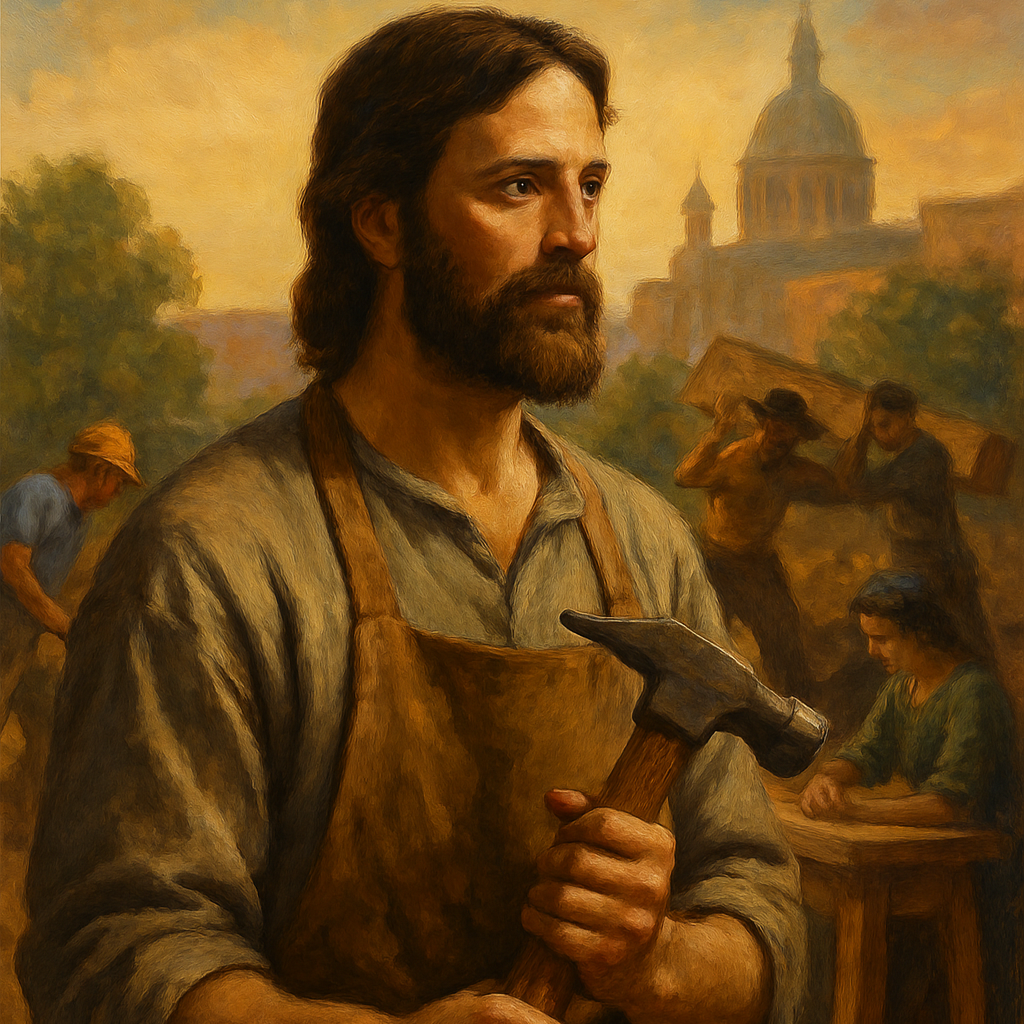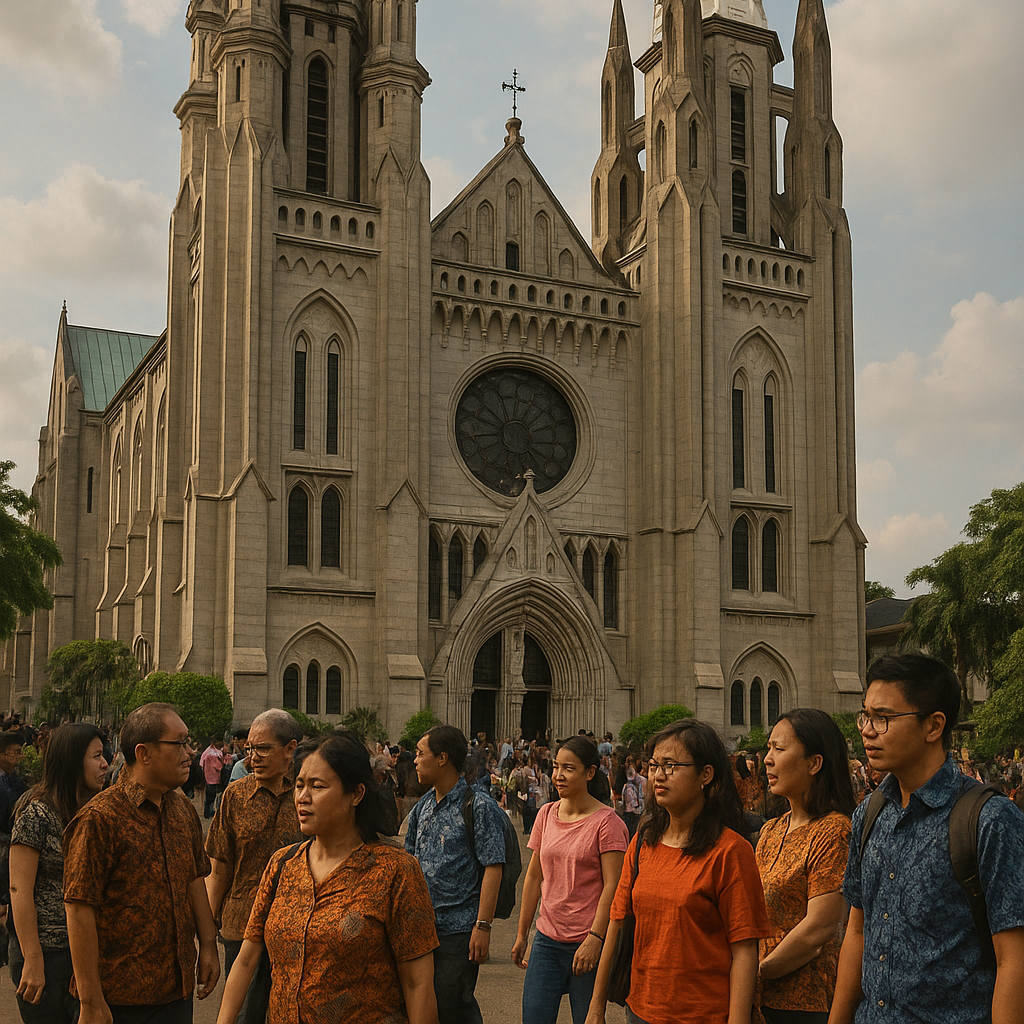Jerobeam Mattheus: Christian Figure in the Indonesian National Awakening
theolingua.id – In the period before Indonesian independence, the Christian community was often considered part of Dutch colonialism. This presumption led to scepticism about the contribution of Christians to the struggle for independence. However, figures such as G.S. Ratulangi, Amir Sjarifuddin, T.S. Gunung Mulia, A.A. Maramis, and J. Latuharhary played an active role in the national movement. Another figure who is also worth mentioning in this context is Jerobeam Mattheus, a Christian leader from the Javanese Christian Church (GKJW).
Early Activities and Interaction with the Islamic Movement
Jerobeam Mattheus was the son of Mattheus Matdakim, a Gospel teacher and prominent Christian figure in Surabaya. Unlike most Christian activists who were involved in nationalist and socialist associations, Mattheus began his career in an Islam-based movement. He was a member of Jong Java, but later resigned when the organisation began to restrict membership to young Muslims only.
His closeness to Haji Oemar Said Tjokroaminoto, the founder of Sarekat Islam, gave him the opportunity to get to know movement activists from among Muslims in East Java better. From 1913 to 1921, he was the editor of the newspaper ‘Bintang Soerabaya’, which was run by Tjokroaminoto. Through journalistic activities and his interaction with the Islamic movement, Mattheus increasingly understood the importance of interfaith harmony in the struggle for independence.
Role in Christian and Political Organisations
In 1909, Jerobeam Mattheus led the reorganisation of Rencono Budijo, a Christian association in Mojowarno that had been established in 1898. The organisation originally focused on deepening Christian teachings, but under Mattheus’ leadership, its orientation expanded to become more modern and open to social and political issues. In 1912, the organisation evolved into Mardi Pracoyo, a forum that not only discussed Christian teachings but also participated in the nationalist movement.
At the inauguration of Mardi Pracoyo in 1913, Jerobeam Mattheus emphasised the importance of harmony and cooperation between Christians and other religious communities for the sake of mutual progress. His statement reflected the awareness that unity within the Christian community should be the basis for their contribution to the nation.
On 20 May 1918, Mardi Pracoyo evolved into a political party called the Perserikatan Kaum Christen (PKC). Mattheus served as secretary in its leadership, while the organisation was chaired by Poertjojo Gadroen, another GKJW figure. The PKC aimed to be a political forum for Christians to fight for their rights as part of the Indonesian nation. However, over time, the political influence of the PKC weakened, causing disappointment among the elite congregation and creating tension between the mission agency and the Javanese Christian community.
The Pitoyo Committee and National Thought
In response to less than conducive political dynamics, Christian leaders formed the Pitoyo Committee, which aimed to direct the attention of Christians to social issues rather than practical politics. Mattheus, along with other figures such as Dr Ismael and Poertjojo Gadroen, became part of this committee.
In a meeting of the Pitoyo Committee, Mattheus presented his thoughts in a paper entitled Bangsa lan Agami (Nation and Religion). He criticised the lagging behind of Christians in participating in nation-building and highlighted the sense of inferiority of Javanese Christians towards Christian communities from other regions such as Ambon and Manado. He emphasised that Christianity should free people from all forms of colonisation, both physical and mental.
In addition, Mattheus also introduced the concept of siwering kawilujengan (sphere of salvation), which emphasises that everyone, both believers and non-believers, is included in God’s plan of salvation. This idea demonstrates the inclusivity of Mattheus’ theology, which rejects exclusivity in salvation and emphasises the responsibility of Christians to fight for justice for all.
End of Life and Legacy of Thought
During the Japanese occupation, Jerobeam Mattheus served the Christian congregation in Malang and remained active in providing input for the GKJW. However, he was one of the pastors who was arrested and eventually died in Japanese custody. His sacrifice reflected his commitment to the church and the nation.
Mattheus’ theological and nationalist thinking remains relevant today. He inspires Christians to continue contributing to the development of the nation without losing their identity and religious values. His thoughts on equality, independence, and interfaith harmony are a valuable legacy in the history of Indonesia.
As a figure dedicated to nationality and Christianity, Jerobeam Mattheus proved that religion was not a barrier in the common struggle for independence. With his enthusiasm, he paved the way for Christians in Indonesia to continue to play an active role in social, political, and religious life in order to build a more inclusive and just nation.








